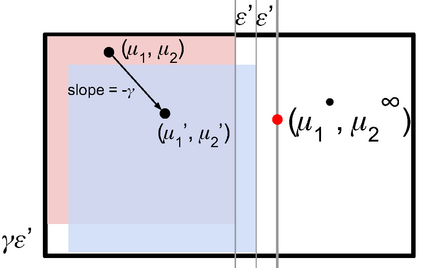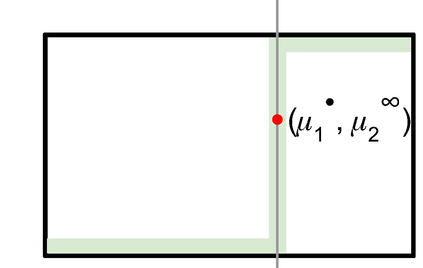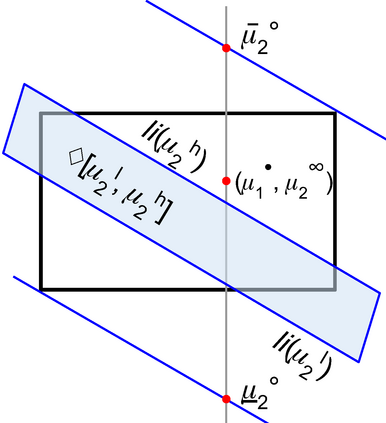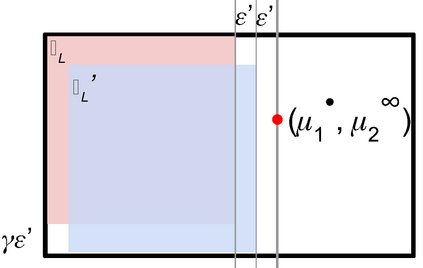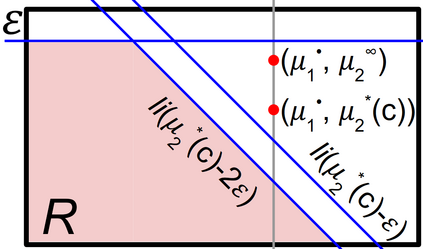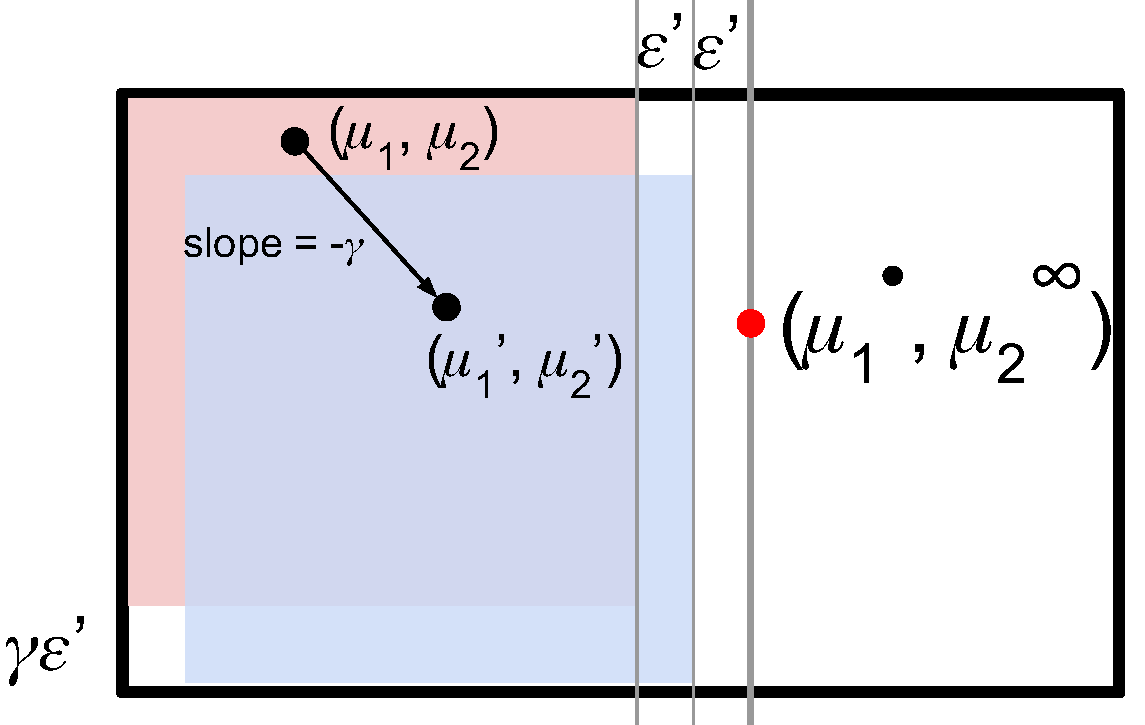I study endogenous learning dynamics for people who misperceive intertemporal correlations in random sequences. Biased agents face an optimal-stopping problem. They are uncertain about the underlying distribution and learn its parameters from predecessors. Agents stop when early draws are "good enough," so predecessors' experiences contain negative streaks but not positive streaks. When agents wrongly expect systematic reversals (the "gambler's fallacy"), they understate the likelihood of consecutive below-average draws, converge to over-pessimistic beliefs about the distribution's mean, and stop too early. Agents uncertain about the distribution's variance overestimate it to an extent that depends on predecessors' stopping thresholds. I also analyze how other misperceptions of intertemporal correlation interact with endogenous data censoring.
翻译:我为那些在随机序列中错误的时际关系的人研究内在的学习动态。 双轨代理商面临一个最佳的阻断问题。 他们对于其基本分布并不确定, 并向前身学习参数。 代理商在早期抽取时停止“ 足够好 ”, 所以前任代理商的经验包含负数, 而不是正数。 当代理商错误地期望系统逆转( “ gambler的谬误 ” ) 时, 他们低估了连续低于平均抽取的可能性, 集中到了对分配平均值的过度悲观信念, 并过早停止。 代理商对分配差异的不确定性高估程度取决于前身的停止阈值。 我还分析了其他对时际相互关系的误解如何与内生数据审查相互作用。

